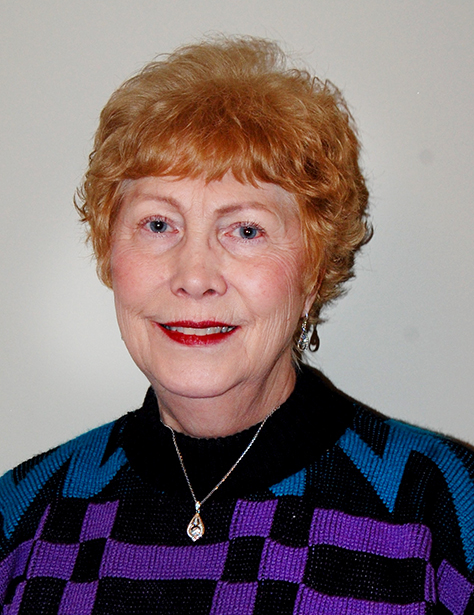By Rosie Preston
New Year’s Day is a way to measure time to us, with the importance of a birthday. It is an exciting day for me, even though I’m embarrassed to say the last two years, I fell asleep before the midnight hour! Still, as I thought about it last night, all comfy in my warm room, I decided I really don’t know anything about the history of the New Year’s celebration. I decided to research this historical holiday.
The celebration of the new year on January 1 is a relatively new phenomenon. The earliest recording of a new year celebration is believed to have been in Mesopotamia, circa 2000 B.C. and was celebrated around the time of the vernal equinox in mid-March. A variety of other dates tied to the seasons were also used by various ancient cultures. The Egyptians, Phoenicians and Persians began their new year with the fall equinox, and the Greeks celebrated it on the winter solstice.
The early Roman calendar designated March 1 as the new year. The calendar had just 10 months, beginning with March. The fact that the new year once began with the month of March is still reflected in some of the names of the months. September through December, our ninth through 12th months, were originally positioned as the seventh through 10th months. Septem is Latin for “seven,” octo is “eight,” novem is “nine” and decem is “ten.”
The first time the new year was celebrated on January 1 was in Rome in 153 B.C. The month of January did not even exist until around 700 B.C., when the second king of Rome, Numa Pontilius, added the months of January and February.
The new year was moved from March to January be-cause that was the beginning of the civil year, the month that the two newly elected Roman consuls, the highest officials in the Roman republic, began their one-year tenure. But this new year date was not always strictly and widely observed, and the new year was still sometimes celebrated on March 1.
In 46 B.C. Julius Caesar introduced a new, solar-based calendar that was a vast improvement on the ancient Roman calendar, which was a lunar system that had become wildly inaccurate over the years. The Julian calendar de-creed that the new year would occur with January 1, and within the Roman world, January 1 became the consistently observed start of the new year.
In medieval Europe, however, the celebrations accompanying the new year were considered pagan and unchristian like, and in 567 the Council of Tours abolished January 1 as the beginning of the year.
At various times and in various places through-out medieval Christian Europe, the new year was celebrated on Dec. 25 to recognize the birth of Jesus; March 1; March 25, the Feast of the Annunciation; and Easter.
In 1582, the Gregorian calendar reform restored January 1 as New Year’s Day. Although most Catholic countries adopted the Gregorian calendar almost immediately, it was only gradually adopted among Protestant countries. The British, for example, did not adopt the reformed calendar until 1752. Until then, the British Empire and their American colonies still celebrated the new year in March.
With the above information, I hope you understand, as I have, the history behind this holiday. I know there are always New Year’s Resolutions.
In my life, my goals are few: to remember to be thankful each day for the life I have been blessed with and the love of family and friends; the honor to be considered a writer, thanks to The Messenger news-paper who published my first six articles in 1998. Now that I’m a senior citizen, my opinion of the new year has changed. Instead of making goals, I want to challenge you to do what I’m doing.
Let’s go forward with whatever it takes to be a kinder, gentler, peaceful soul who brings joy to those we love with all our hearts. For me, hat includes my mother, children, grandchildren, and great-grandchildren. I wish everyone reading this a Happy New Year 2020!
Keep Smiling, Rosie





